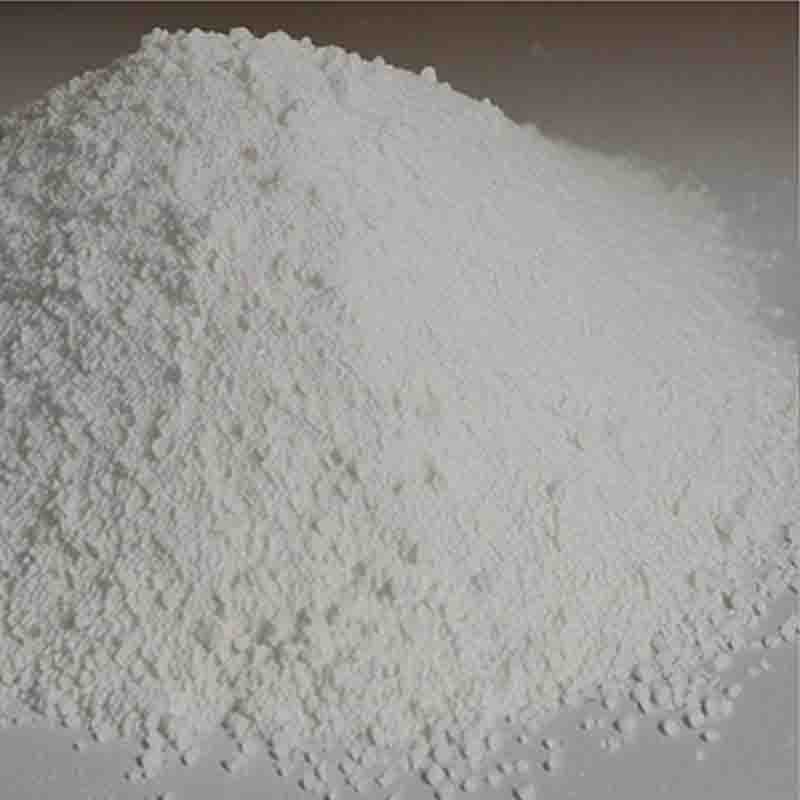(2-Aminothiazole-4-yl)aceticacid CAS:29676-71-9
| Catalog Number | XD95100 |
| Product Name | (2-Aminothiazole-4-yl)aceticacid |
| CAS | 29676-71-9 |
| Molecular Formula | C5H6N2O2S |
| Molecular Weight | 158.18 |
| Storage Details | Ambient |
Product Specification
| Appearance | White powder |
| Assay | 99% min |
(2-Aminothiazole-4-yl)acetic acid is a chemical compound with the molecular formula C6H7N2O2S. It belongs to the class of thiazole compounds and possesses a carboxylic acid group attached to the thiazole ring. This compound has various effects and applications in different fields.One of the primary effects of (2-Aminothiazole-4-yl)acetic acid is its potential as a pharmaceutical intermediate. Thiazole compounds have been extensively studied for their pharmacological properties. They exhibit a wide range of activities, including antimicrobial, antiviral, antifungal, antitumor, anti-inflammatory, and anticonvulsant effects. The presence of the thiazole ring in (2-Aminothiazole-4-yl)acetic acid makes it a promising candidate for the synthesis of new pharmaceutical compounds with diverse biological activities.The compound also acts as a building block for the synthesis of heterocyclic compounds. By introducing additional functional groups to (2-Aminothiazole-4-yl)acetic acid, chemists can create novel organic molecules with unique properties. These derivatives can be used in the development of new drugs, agrochemicals, and materials.Furthermore, (2-Aminothiazole-4-yl)acetic acid has potential applications in the field of corrosion inhibition. Corrosion is a detrimental process that affects materials such as metals and alloys. By employing (2-Aminothiazole-4-yl)acetic acid as a corrosion inhibitor, it is possible to mitigate the degradation of these materials in corrosive environments. The compound forms a protective layer on the metal surface, preventing corrosive species from coming into contact with the metal and inhibiting the electrochemical reactions that lead to corrosion.In summary, (2-Aminothiazole-4-yl)acetic acid has significant effects and applications in the pharmaceutical, chemical, and materials industries. Its potential as a pharmaceutical intermediate opens avenues for the development of new drugs with diverse biological activities. Additionally, it serves as a building block for the synthesis of heterocyclic compounds, enabling the creation of unique molecules for various applications. Moreover, it shows promise as a corrosion inhibitor, providing a means to protect metals and alloys from corroding in corrosive environments.


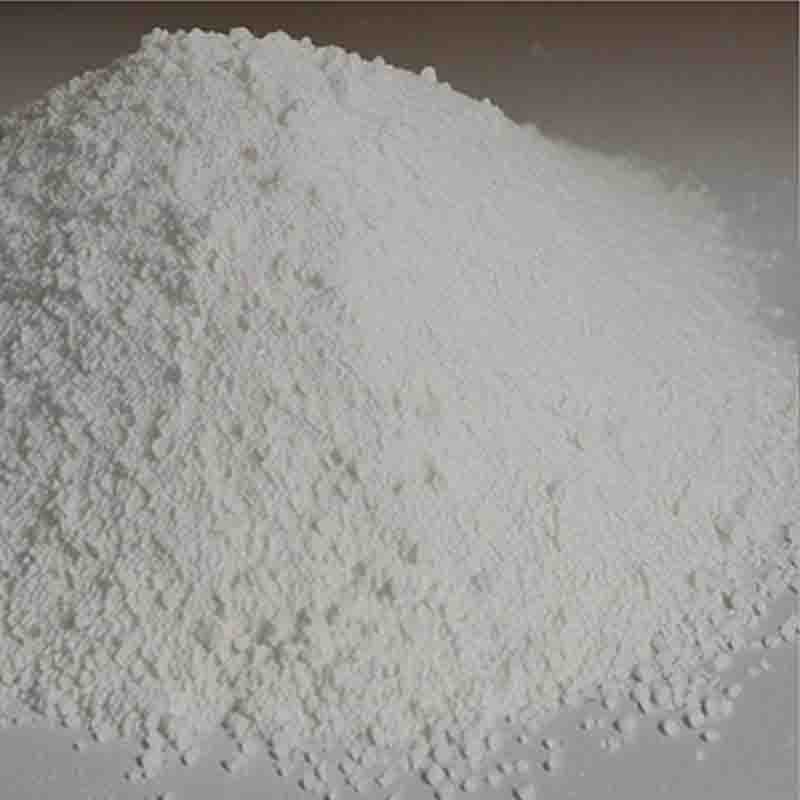

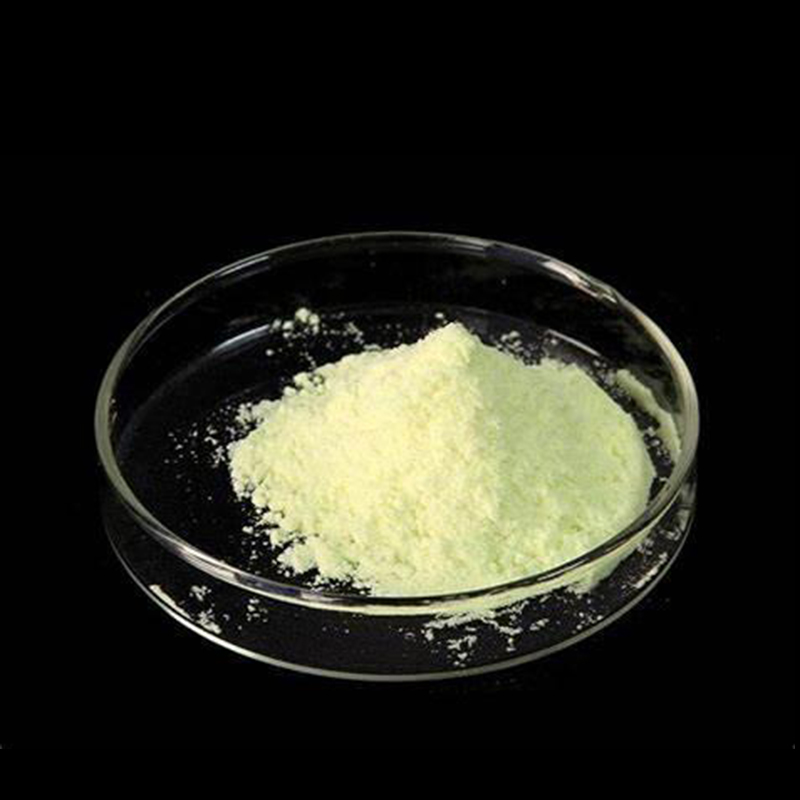
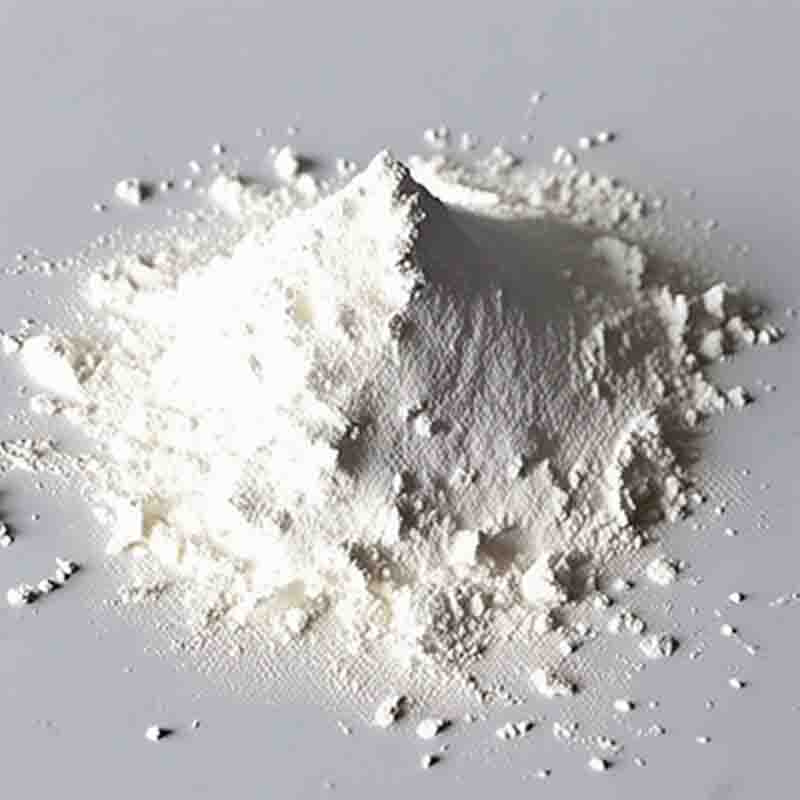
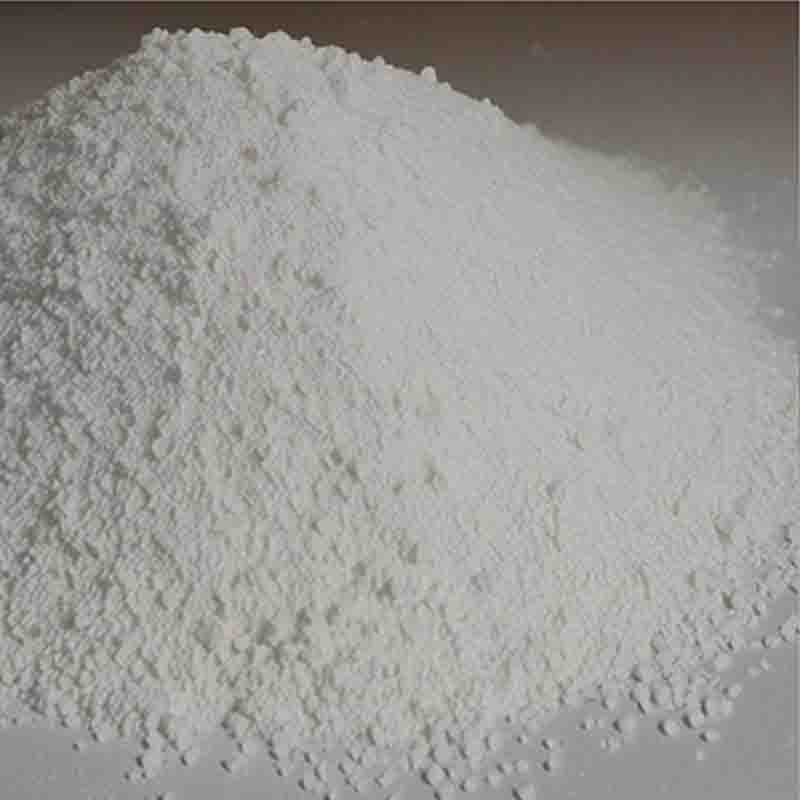
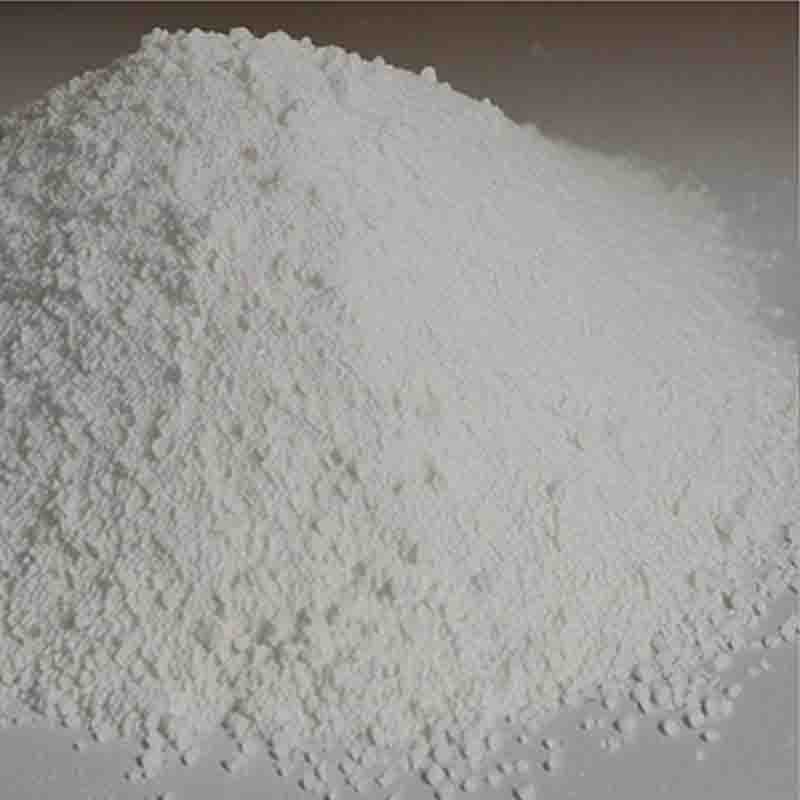
![2-((3aR,4S,6R,6aS)-6-Amino-2,2-dimethyltetrahydro-3aH-cyclopenta[d][1,3]dioxol-4-yloxy)ethanoloxalate CAS:1402150-30-4](https://cdn.globalso.com/xdbiochems/白色粉末11163.jpg)
